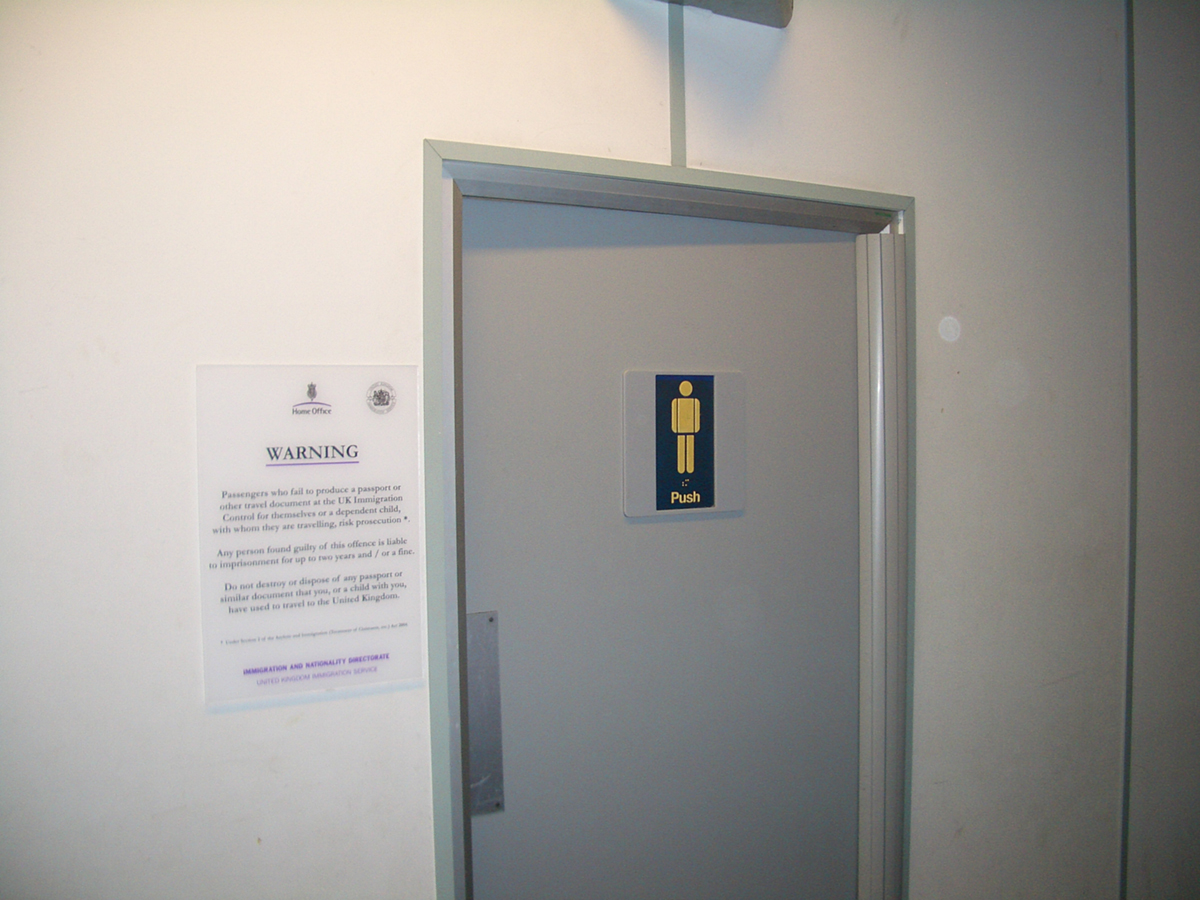
Every person has experienced diarrhea sometime during the life. It is a very common intestinal disorder marked by frequent and watery bowel movement. Diarrhea usually appears as a symptom of some medical condition. Usually it is accompanied by many other symptoms that depend on the health condition in the question.
Watery diarrhea
Severe form of diarrhea is watery diarrhea. It is acute diarrhea, which is characterized by abnormal and extreme loosening of stools, continence and sudden and urgent bowel movements. Watery diarrhea usually lasts about two weeks. Other symptoms typically appear along with this intestinal disorder, such as cramping, bloating and gas. It should be treated immediately since it can lead to serious dehydration because of the loss of fluids and electrolytes from the body. Watery diarrhea should be taken seriously since it can be even fatal, especially in children. There are many cases worldwide where the patients, children as well as adults, died from untreated watery diarrhea.
Causes of watery diarrhea
Watery diarrhea is an intestinal disorder that can be caused by various reasons.
In the majority of cases, viruses are responsible for the occurrence of this condition. When the virus enters the body and reaches the digestive tract, it affects the formation of the stool. On the other side, there are certain bacteria that can cause watery diarrhea, such as Campylobacter, Salmonella or Shigella. These bacteria usually weaken the immune system of the person and cause watery diarrhea.One of the causes of this condition is a contagious disease called cholera. This infection is caused by the bacteria that enter the digestive tract through contaminated water. When the bacteria reach the intestine, they obstruct the exchange of sodium and potassium. Since this exchange is necessary for the regulation of fluid and electrolyte concentrations in the body, acute diarrhea occurs when the exchange is hampered.Acute diarrhea may also be caused by Crohn’s disease, which is an inflammatory bowel disorder. The main symptoms of this condition are watery diarrhea, abdominal pain, loss of appetite and fatigue, as well as vomiting and fever.Fecal impaction is also a potential cause for the incidence of this intestinal disorder. Fecal impaction is actually chronic constipation characterized by hard and dry stools that cause extreme straining during the bowel movement. Watery diarrhea, stomach pain and rectal bleeding in some cases are the main consequences of fecal impaction.Other causes for watery diarrhea include certain medications, antibiotics and some dietary changes.







_f_280x120.jpg)









Your thoughts on this
Loading...